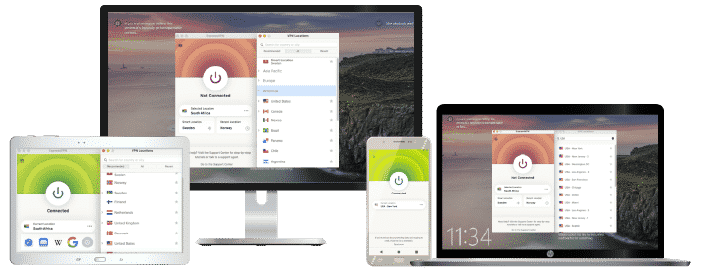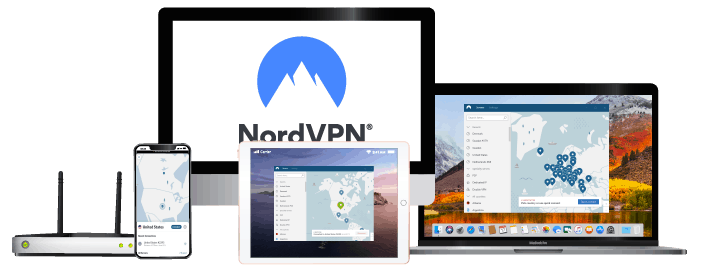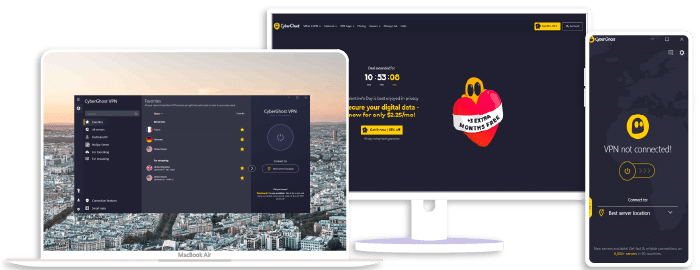VPN Use Prevails Despite Growing Curiosity in Alternative Solutions
Despite the growing interest in alternatives, VPN use continues to prevail as a popular choice for internet users seeking privacy and security. It’s an undeniable fact that VPNs, like ExpressVPN and NordVPN, have been widely adopted due to their ability to provide a secure connection while masking IP addresses.
That said, it’s not surprising that some folks are exploring different options. As technology advances and our digital lives grow increasingly complex, there’s always a demand for new solutions. From privacy-focused browsers to decentralized networks, I’ve noticed more people venturing outside the well-trodden path of traditional VPN usage.
Yet even with these emerging trends, it seems VPNs aren’t going anywhere soon. Take Surfshark for example, its user base is still expanding rapidly despite the increased competition from alternative technologies. It appears that when it comes down to maintaining online privacy and bypassing geo-restrictions, most people still trust the proven reliability of VPNs.
ExpressVPN
Overall score: 9.8
- 3,200 servers across 105 countries
- Works with streaming platforms
- AES 256-bit encryption
- Supports private protocol, Lightway
- Money-back guarantee
30-day money-back guarantee
NordVPN
Overall score: 9.6
- 8,700+ servers available in 129 countries
- Connect up to 10 devices simultaneously
- Great security features
- Verified no-logs policy
- Unblocks streaming platforms
30-day money-back guarantee
Surfshark
Overall score: 9.5
- 4,500+ servers in 100+ countries
- Allows unlimited simultaneous connections
- Integrates stealth mode
- Multihop feature available
- Webcam protection from unauthorized apps
30-day money-back guarantee
Proton VPN
Overall score: 9.4
- 17,250+ servers in 125 countries
- Free version available
- Strong security features
- Reliable no-logs policy
- Allows Perfect Forward Secrecy
30-Day Money-Back Guarantee
CyberGhost
Overall score: 9
- 9,300+ reliable servers in 100 countries
- 45-day money-back guarantee
- Strict no-log policy
- Tough security features
45-Day Money-Back Guarantee
The Prevailing Popularity of VPNs
Despite the growing interest in VPN alternatives, Virtual Private Networks (VPNs) still reign supreme. My findings suggest that this is primarily due to their unparalleled ability to provide enhanced online privacy and security.
When it comes to popular VPN choices, a few names spring to mind: ExpressVPN, NordVPN, and Surfshark. These providers have managed to maintain their popularity by continually innovating and staying ahead of the curve.
With ExpressVPN, I’ve found that users are drawn in by its impressive speed and robust security features. It’s a strong choice for those who need reliable access to international content or simply desire an added layer of protection while surfing the web.
NordVPN is another heavyweight contender that continues to impress with its top-notch performance. What sets it apart from other VPNs is its focus on user-friendliness. NordVPN makes it incredibly easy for even novice users to navigate through its interface and enjoy secure internet browsing.
Last but not least, there’s Surfshark, which has been making waves in recent years with its competitive pricing structure. For budget-conscious folks seeking effective online protection without breaking the bank, SurfShark offers a compelling package.
Here’s a quick recap of why these three VPNs continue to be popular:
- ExpressVPN: Known for rapid speeds and secure connections.
- NordVPN: User-friendly with excellent performance.
- Surfshark: Affordable yet highly effective at providing online security.
It’s clear that despite emerging VPN alternatives, these tools remain deeply entrenched in our digital lives due largely to their proven track record of delivering what they promise – privacy, security, and unrestricted access to global content.
Exploring Interest in VPN Alternatives
Despite the dominance of VPNs in online privacy, there’s a rising interest in alternatives. Sure, top-tier providers like ExpressVPN, NordVPN, and Surfshark offer robust security features. But that hasn’t stopped users from exploring what else is out there.
Why? You might ask. It boils down to a couple of reasons:
- Performance concerns: VPNs can sometimes slow down internet speeds.
- Cost: Premium services can be pricey.
These factors prompt some folks to seek other solutions for their privacy needs. Let’s take a look at what they’re considering.
A popular choice is proxy servers. They hide your IP address just like a VPN does but without the added encryption layer. This means they’re faster but less secure than traditional VPNs.
Then, there’s Tor or The Onion Router. Its layered encryption system grants users anonymity by bouncing data around multiple nodes worldwide before reaching its destination. But it’s not all rosy; Tor has earned a reputation for being painfully slow.
Another alternative picking up steam is decentralized virtual private networks (dVPNs). Unlike regular VPNs that have centralized servers, dVPNs leverage peer-to-peer networking technology to route traffic through multiple devices connected globally – interesting stuff!
Of course, it wouldn’t be fair to ignore software-defined perimeters (SDPs). These are essentially digital fences that provide access only when necessary, rather than always on connectivity as with traditional VPNs – truly an innovative approach!
When we talk numbers, though, here’s how things shake out:
| ExpressVPN | NordVPN | Surfshark | |
|---|---|---|---|
| Users | 10 million+ | 12 million+ | 2 million+ |
While these figures show millions still rely on conventional VPN services like ExpressVPN and NordVPN, interest in alternatives isn’t waning either – it’s an evolving landscape!
So yes, while my trusty old Surfshark subscription serves me well right now, I’m keeping my eyes peeled for any developments in this space because who knows? The next big thing in online privacy might just be lurking around the corner.
Conclusion: Balancing VPN Use and Alternatives
It’s clear that despite the rising interest in VPN alternatives, VPN use still predominates. This comes as no surprise given the robust security features offered by popular services like ExpressVPN, NordVPN, and SurfShark. These platforms continue to provide a proven shield against cyber threats while ensuring online anonymity.
In my experience, sticking with tried-and-tested VPN solutions is often the safest bet. We can’t deny how ExpressVPN stands out for its speed and server distribution, or how NordVPN shines with its cutting-edge encryption technology. Then there’s Surfshark who has made a name for themselves with their budget-friendly plans without compromising on security or usability.
However, it’s also important to keep an open mind about emerging VPN alternatives, which offer unique advantages of their own:
- Decentralized private networks (DPN): They promise greater user control over data.
- Proxy servers: They are ideal for bypassing geo-restrictions, but lack robust encryption.
- TOR (The Onion Router): It offers unprecedented levels of privacy, though it might slow down your connection.
When choosing between traditional VPNs and these alternatives, you should consider factors like your specific needs, risk tolerance, and technical knowledge. While a standard service like NordVPN could be perfect for one user due to its ease-of-use and reliable protection, another might prefer the enhanced privacy offered by TOR despite its slower speeds.
Ultimately, it’s all about finding balance based on personal preferences and requirements – whether that means sticking with household names like ExpressVPN or exploring budding technologies in the realm of online privacy. After all, when it comes to internet safety and freedom – one size does not fit all!
Join the TechRobot Newsletter
Actionable tips on online security, the best VPNs, unblocking guides, and special offers — straight to your inbox.









